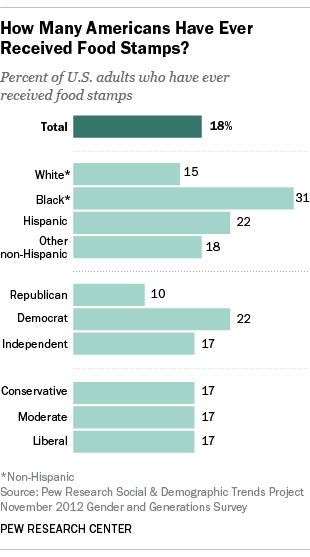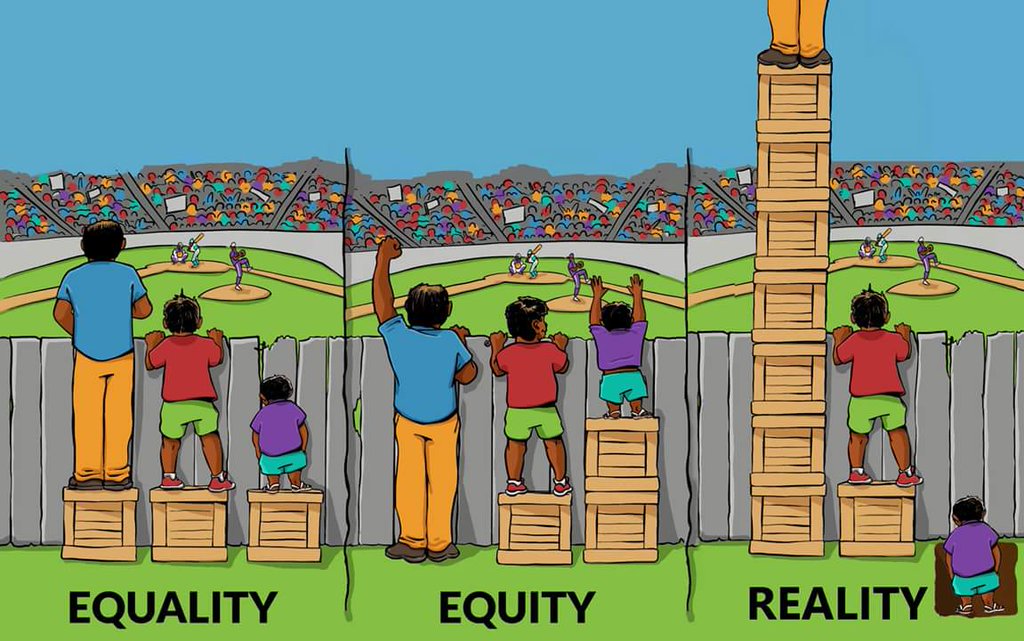Gigus Fire
2[H]4U
- Joined
- Oct 14, 2004
- Messages
- 2,275
Yes, it has been for generations. At least in a legal sense, which is the only thing that matters.So you (as a country not you personally) enslave a group of people, beat them into the ground for a few centuries, finally grant them freedom 150 years ago and equality (on paper) some 50 years ago and magically the playing field is supposed to be even and they need to pull themselves up by their bootstraps?
Or are you by chance suggesting that racism and inequality have been wiped out?
![[H]ard|Forum](/styles/hardforum/xenforo/logo_dark.png)



